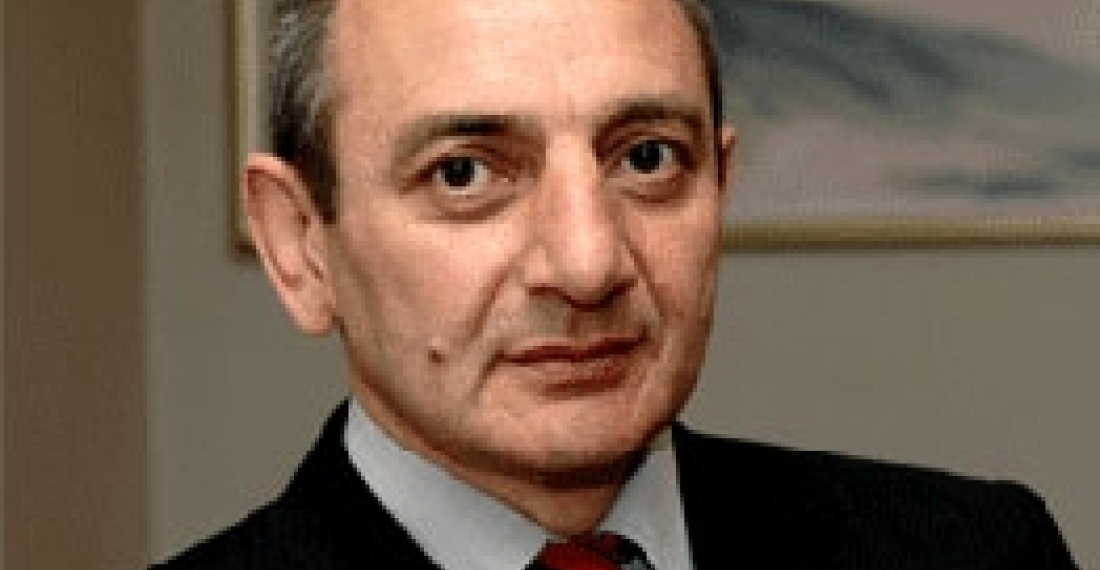On 22 October NKR President Bako Sahakyan received Co-Chairs of the OSCE Minsk Group Robert Bradtke (USA), Igor Popov
(Russian Federation) and Bernard Fassier (France).Issues related to the Azerbaijani-Karabahh conflict's settlement and regional developments were discussed during the meeting.
President Sahakyan underlined that Azerbaijan continues the anti-Armenian and anti-Karabakh propaganda, keeps breaking the cease-fire and boosts its militarization, which seriously hinders peaceful resolution of the conflict and maintenance of regional and international security. The president noted that bringing Azerbaijan into the constructive stream is among the pivotal issues of the peace process.
The president and the mediators came out for continuation of the negotiation process based on a direct dialogue and unacceptability of force. They stressed that to make a breakthrough in the negotiation process confidence building measures are required.
Artsakh Republic Acting Foreign Minister Vassily Atajanyan, Personal Representative of the OSCE Chairman-in-Office Andrzej Kasprzyk and other officials were present at the meeting, the Central Information Department of the Office of the Artsakh Republic President reported.







